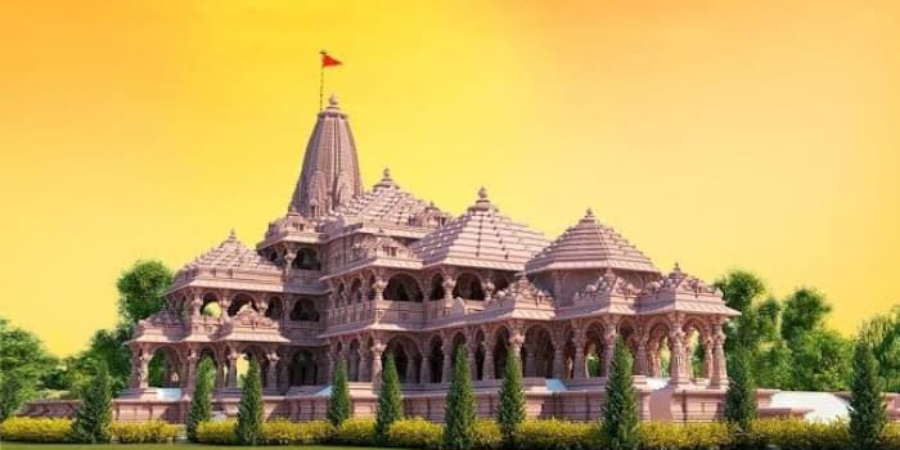

**Ayodhya Ram Mandir: A Symbol of Faith and Controversy**
The Ayodhya Ram Mandir, located in the historic city of Ayodhya in Uttar Pradesh, India, stands as a significant monument in Hindu religious and political history. The temple, dedicated to the deity Lord Ram, is not only a site of profound spiritual importance but also a focal point of a decades-long and highly contentious socio-political dispute.
**Historical and Religious Significance**
Ayodhya is traditionally believed to be the birthplace of Lord Ram, one of the most revered deities in Hinduism. According to the ancient Hindu epic, the Ramayana, Lord Ram was born in Ayodhya to King Dasharath and Queen Kaushalya. As a result, the city has been a major pilgrimage site for Hindus for centuries, and the Ram Mandir is a central religious landmark for devotees.
The original Ram Mandir, mentioned in various historical texts, was destroyed and replaced by the Babri Masjid during the Mughal era in the 16th century. The mosque’s construction, attributed to the Mughal Emperor Babur, became a focal point of tension between Hindus and Muslims over the centuries, with claims from many Hindus that the mosque was built on the ruins of the ancient Ram temple.
**The Legal and Political Battle**
The dispute over the Ram Janmabhoomi-Babri Masjid site became a significant political and legal issue in modern India. The controversy intensified in the late 20th century, with the Vishwa Hindu Parishad (VHP) and other Hindu nationalist organizations leading a campaign for the construction of a Ram temple at the site. This movement culminated in the demolition of the Babri Masjid by a large group of Hindu activists on December 6, 1992, which led to widespread communal riots and a national crisis.
The subsequent legal battles lasted for decades, with the case being heard in various courts. In November 2019, the Supreme Court of India delivered a landmark verdict in favor of the construction of the Ram Mandir, granting the disputed land to the Hindu parties while ordering the allocation of an alternative site for the construction of a mosque.
**Construction and Present Status**The Ram Mandir in Ayodhya, India, is a significant Hindu temple dedicated to Lord Rama. Its construction, culminating in 2023, follows a historic legal cultural journey. The temple’s design features traditional Hindu architectural , symbolizing spiritual heritage and devotion. It stands as a focal point for faith, identity, and historical reconciliation in Indian history.
